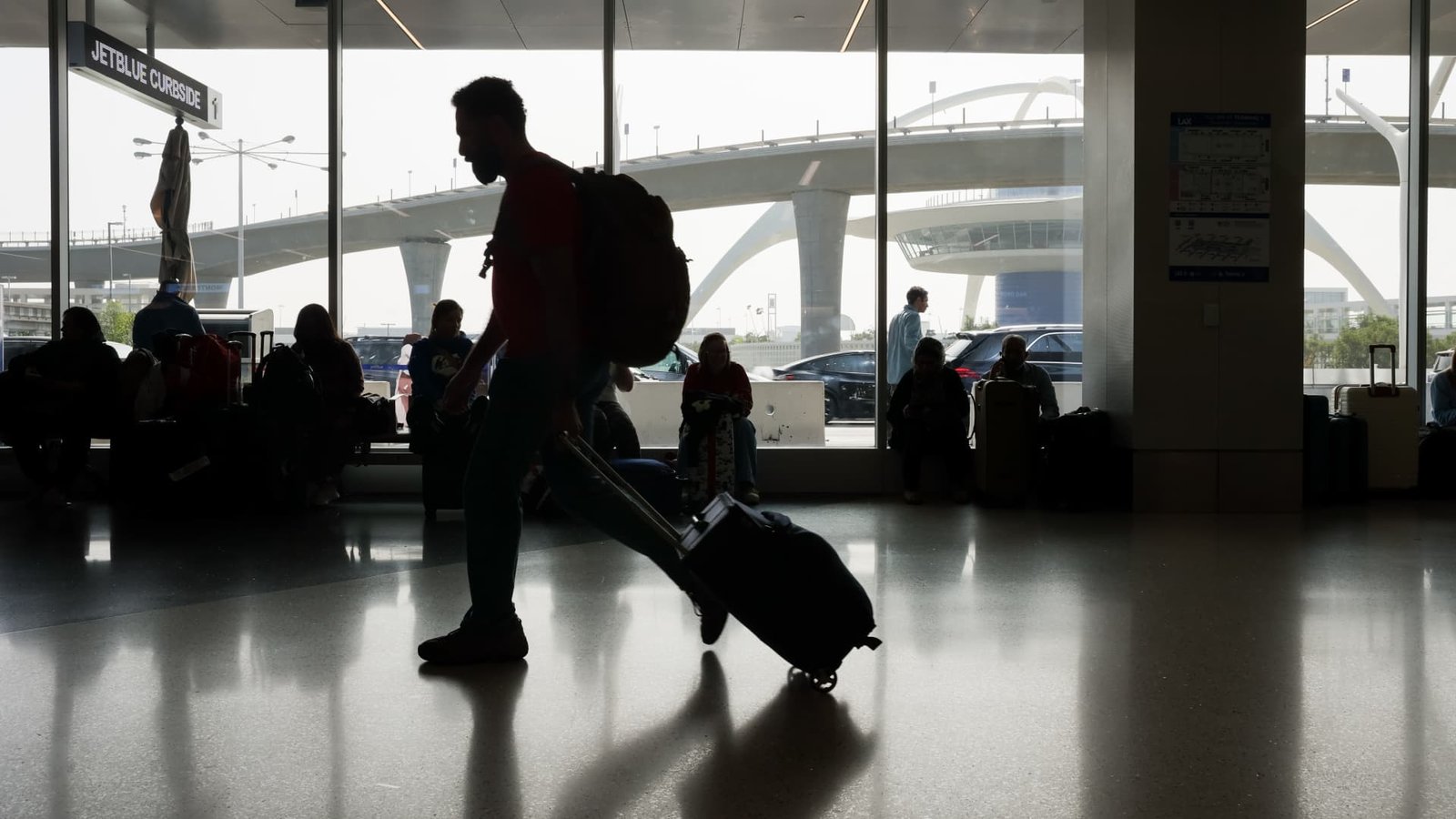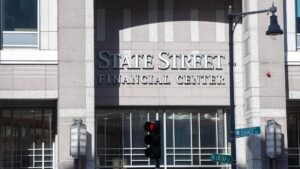As air travel cancellations and delays mount during the government shutdown, affected travelers will want to consider all their avenues for recourse — including the credit card they used to book their flight.
U.S. airlines began canceling flights on Friday, in response to an Federal Aviation Administration order reducing flight capacity at 40 airports. The disruption could potentially impact hundreds of thousands of fliers.
“If you are traveling the next couple of weeks, you should expect that there is going to be some chaos and there are likely to be disruptions,” said Hayley Berg, the lead economist at travel site Hopper.
The FAA estimates it handles more than 44,000 domestic flights every day. Reducing these flights in 40 airports will impact over 268,000 airline seats and up to 1,800 flights a day, according to Cirium, an aviation analytics firm.
About 748 U.S. flights scheduled to depart on Friday, or 3%, have been canceled as of mid-morning, according to Cirium. Saturday cancellations are already at 1.7%.
Traditional travel insurance may not necessarily cover costs you incur related to this disruption, unless you have “cancel for any reason” or “interruption for any reason” benefits, experts say.
If you purchased your ticket with a credit card that offers travel insurance, you may not be covered for costs related to any disruptions, either.
Credit card coverage ‘not a guaranteed safety net’
Travelers arrive at Los Angeles International Airport on Monday, Nov. 3, 2025 in Los Angeles, CA.
Juliana Yamada | Los Angeles Times | Getty Images
“Credit card travel insurance may help in some cases, but it’s not a guaranteed safety net for delays and cancellations tied to the FAA’s flight reductions,” said WalletHub analyst Chip Lupo in an email.
It isn’t a common perk: Only 29% of consumer credit cards provide trip cancellation insurance, providing an average coverage of $6,361, according to WalletHub. Just 18% come with travel delay insurance, providing an average coverage of $445.
The level of coverage can also vary significantly, depending on the type of credit card you have.
If you used your travel credit card to book your upcoming trip, “the best cards will typically address the most common travel disruptions, such as lengthy delays or a last-minute cancellation,” Lauren McCormick, a spokesperson at the travel insurance website Squaremouth, said in an email. “However, each issuer has its own list of covered reasons and exclusions.”
Review your card’s benefits guide to understand exactly what’s included.

Often, credit card travel insurance can help fill in gaps, including reimbursement for reasonable expenses if you’re delayed for an extended period or if there are non-refundable charges, like a hotel stay, meals or missed prepaid events tied to your flight, experts say.
“Credit card travel insurance can help if you’re stranded,” said Bankrate senior industry analyst Ted Rossman. “That coverage may pay for a new flight on a different carrier or reimburse you for hotels or meals if you’re stuck somewhere.”
Even so, Rossman said, “A lot of times, your best bet is to get relief from the airline if the flight is cancelled, or a travel credit if you’re the one to initiate the change.” If you submit a claim to a travel insurance company, insurers generally want to know that you’ve first checked with the airline for relief.
“Check your card’s benefits guide before traveling and monitor airline waivers closely, since many carriers are temporarily allowing changes and cancellations for no fee during this period,” Lupo said.
Other credit card benefits may help travelers facing shutdown disruptions. If you’re stuck at the airport with a delayed flight, see if you have a credit card that offers free or discounted lounge access. To mitigate airport security wait times, some cards will offset the cost of expedited screening memberships like TSA PreCheck or Clear.
SIGN UP: Money 101 is an 8-week learning course on financial freedom, delivered weekly to your inbox. Sign up here. It is also available in Spanish.










